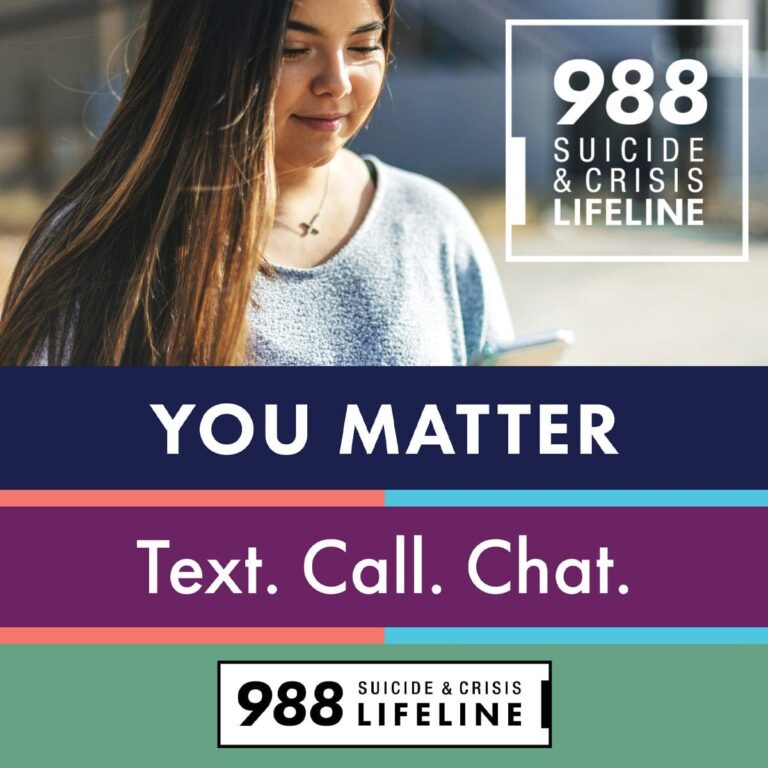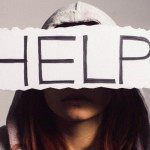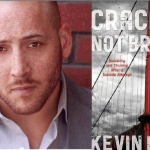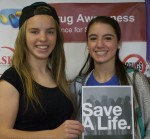Depression and suicide are serious problems among our youth.
Adolescence and young adulthood may be turbulent times for many but too many feel alone, unsupported, and helpless.
Risk Factors for Depression
- Family history of depression
- Suffering from a physical or another mental illness
- Adverse experiences in childhood, such as abuse or lack of care
- Social disadvantage or family poverty
- Learning and other school difficulties
- Lack of a close relationship
- Recent adverse events like bullying or a death or serious illness in the family
When people think of depression, they imagine someone appearing sad or having "the blues". In some instances, this may appear to be true. However, there are other signs, particularly among youth, that may mean depression is a problem... or can turn into a greater issue like suicide.
Signs of Depression
- Unusually sad mood
- Loss of enjoyment and interest in activities
- Lack of energy and tiredness
- Feeling worthless or guilty when they are not really at fault
- Thinking about death or wishing to be dead
- Difficulty concentrating or making decisions
- Moving more slowly or sometimes becoming agitated and unable to settle
- Having sleeping difficulties or sleeping too much
- Changes in eating habits
- Avoid discussing important future events
- Show a decline in school grades
- Snap or start fights with friends and family
- Use alcohol or other drugs
Visit the Virtual Save A Life Wellness Fair for more resources!
Risk Factors for Suicide
- Threatening to hurt or kill themselves
- Seeking access to pills, weapons, or other means to kill themselves
- Talking or writing about death, dying or suicide
- Expressing feelings of hopeless, having no purpose in life or reason for living
- Having rage, anger, or seeking revenge
- Acting recklessly or engaging in risky activities
- Feeling trapped
- Increasing alcohol or drug use
- Withdrawing from friends, family, or society
- Dramatic changes in mood
- Having sleeping difficulties or sleeping too much
- Being anxious or agitated
- Giving away prized possesions
Related Posts
Yorktown Community Unites for Mental Health
Gabrielle Bilik from Yorktown News wrote a beautiful article about Save A Life, which was held on Sunday, April 3, 2016: A few months after the death of her brother, Michelle Gilbert and her father participated in one of Yorktown’s Alliance for Safe Kids (ASK) Save-A-Life Day events as counselors in a suicide prevention workshop. […]
Teens & Harmful Behavior at Save A Life
Teens may engage in harmful behaviors as a way of coping, expressing and dealing with deep distress and emotional pain. To some teens, causing harm to themselves is the only way they know how to cope with feelings like sadness, self-loathing, emptiness, guilt, control and rage. The problem is that the relief that comes from […]
Save A Life Presents Kevin Hines, Keynote Speaker
Save A Life is a program designed by the Alliance for Safe Kids (ASK) to inform and empower high school students and adults to become community allies and first responders to support teens and families in crisis. Save A Life is one of ASK’s leading programs which has directly touched the lives of over 1,000 community […]
Youth Mental Health First Aid Course
Sometimes, first aid isn’t a bandage, or CPR, or the Heimlich, or calling 911. Sometimes, first aid is YOU! A young person you know could be experiencing a mental health challenge or crisis. You can help! You are more likely to encounter someone — friend, family member, student, neighbor or member of the community […]
Talking Points for Someone at Risk of Suicide
The following suggestions for talking with someone at risk of suicide are adapted from the National Suicide Prevention Lifeline and various prevention programs: Speak openly and honestly about your concern. Asking someone directly if they are considering suicide often provides relief. Be willing to listen with compassion and without judgment. Do not express shock or horror. It […]






